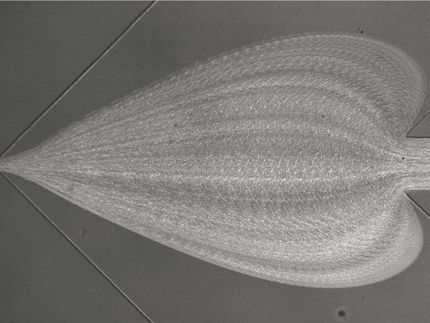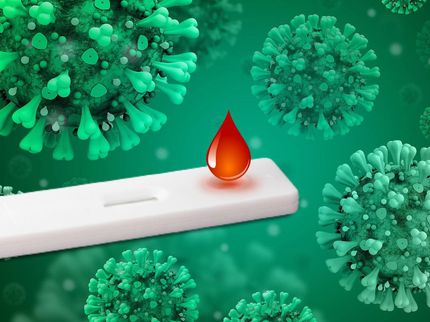LabNow Announces $14 Million in Funding - Investment Led by George Soros
Advertisement
Austin. LabNow, Inc. announced that it has raised $14 million in equity financing from a syndicate of private and venture investors led by George Soros, with the participation of Austin Ventures. Funds will be used to develop the company's technology and to launch its initial product, CD4Now(TM), which will be used in monitoring the treatment of HIV/AIDS patients.
LabNow's novel sensor technology system offers the potential to analyze blood and other fluid samples extremely rapidly and inexpensively. It will have direct applicability to the healthcare field as a diagnostic tool and potential applications beyond the medical field, including homeland security, environmental testing, and food safety. "The introduction of the CD4Now diagnostic test gives us the opportunity to revolutionize the way that HIV/AIDS is managed worldwide," said Richard Hawkins, the company's president and chief executive officer. "Considering the tens of millions of people who will benefit from this test, the potential impact is huge. We are now in the right position to extend the benefits of this exciting technology."
The patented diagnostic tool will feature an automated reader and assay-specific biochips. The CD4 blood test would utilize a single drop of blood and require less than 10 minutes to generate CD4 cell counts that can be used to determine whether a person needs treatment with anti-HIV medications. The test could be used in physician offices or in rural clinics in developing countries. The new product CD4Now would offer significant advantages over current measurement methods, enabling clinicians to determine rapidly and accurately whether anti-viral therapies are needed for their patients, and whether the medications are leading to health improvements.
The technology was originally conceived and developed in the laboratory of Dr. John McDevitt of the University of Texas, and has been licensed exclusively to LabNow. The technology was adapted for HIV-related Point-of-Care diagnostics through a collaboration between McDevitt, and William Rodriguez, MD, of Massachusetts General Hospital, and Bruce Walker, MD, of Massachusetts General Hospital and Howard Hughes Medical Institute.
"The lab-on-a-chip technology combines human diagnostic principles with new advances in microfabrication techniques, nano-chemistry and microfluidic structures. This unique combination of features allows for the creation of ultra-compact and cost effective medical diagnostic equipment," noted John T. McDevitt, University of Texas at Austin chemistry professor. McDevitt and his co-workers invented the relevant microchip technologies. McDevitt also serves as a scientific advisor to LabNow.
"LabNow is the perfect commercialization partner for this technology," said Neil Iscoe, director of the University's Office of Technology Commercialization. "It has assembled a team that can develop the invention into an internationally distributed product."
John Thornton, general partner with Austin Ventures, added, "LabNow's technology has the potential to provide significant improvements in healthcare to HIV/AIDS patients. By developing a new approach to medical diagnostics, LabNow is successfully using technology to directly improve people's lives while building a strong, sustainable business. We're delighted to be involved with LabNow in launching this technology."



























































